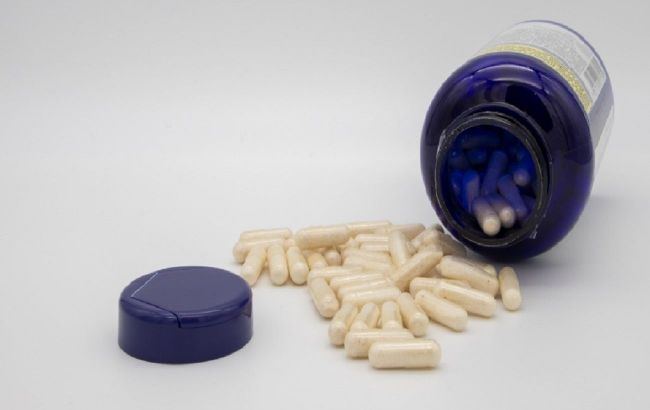Iodine supplements: Who should take them and how to avoid health risks
 Photo: Should everyone take iodine supplements? (facebook.com/oleg.shvets.545)
Photo: Should everyone take iodine supplements? (facebook.com/oleg.shvets.545)
Iodine is an essential trace element that is part of thyroid hormones. These hormones are responsible for protein synthesis, metabolism, and the normal functioning of cells throughout the body. Without sufficient iodine levels, harmonious growth, development, and regulation of vital processes are impossible, according to Ukrainian professor and dietitian Oleh Shvets.
Which foods contain iodine?
The main sources of iodine are seafood, seaweed, eggs, dairy products (from animals fed iodine-enriched feed), and iodized salt. However, changes in eating habits, increased consumption of ultra-processed foods, and the trend toward alternative types of salt have led to a decrease in iodine intake.
Symptoms of iodine excess
Scientists warn that both iodine deficiency and excess can cause similar symptoms - an enlarged thyroid gland (goiter) and impaired thyroid function. Therefore, it is important to adhere to the recommended intake: 150 mcg per day for adults, 220 mcg for pregnant women, and 290 mcg for breastfeeding mothers.
A Canadian study as part of the global PURE project (2022) showed that the average iodine level in adults’ urine was 111 mcg/L, indicating overall compliance with the norm. Only 11.9% showed signs of deficiency, reflecting the effectiveness of a balanced diet without the need for additional supplements.
Do all people need iodine supplements?
Dietitians advise that it is best to obtain iodine from food. For example, one egg contains 31 mcg, 75 g of cooked salmon contains 8 mcg, and 30 g of nori seaweed contains 11 mcg. In Ukraine, dairy products have sufficient iodine content to meet daily needs.
Iodine supplements are recommended only in certain cases, such as for vegans who do not consume iodized products. Even during pregnancy, there is no universal indication for iodine supplements - it should be decided with a doctor.
According to the dietitian, everyone needs iodine, but it should mainly come from natural foods. Excess iodine is no less dangerous than deficiency.
This material is for informational purposes only and should not be used for medical diagnosis or self-treatment. Our goal is to provide readers with accurate information about symptoms, causes, and methods of detecting diseases. RBС-Ukraine is not responsible for any diagnoses that readers may make based on materials from the resource. We do not recommend self-treatment and advise consulting a doctor in case of any health concerns.

